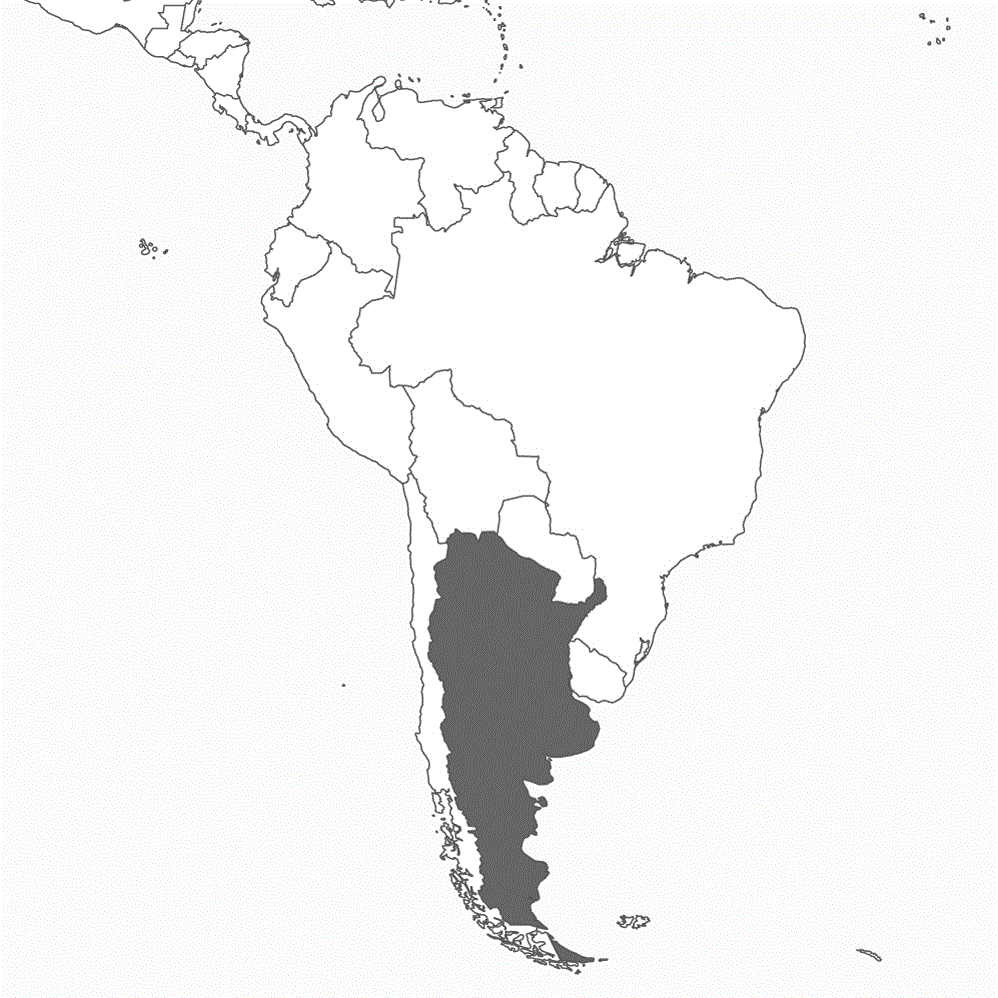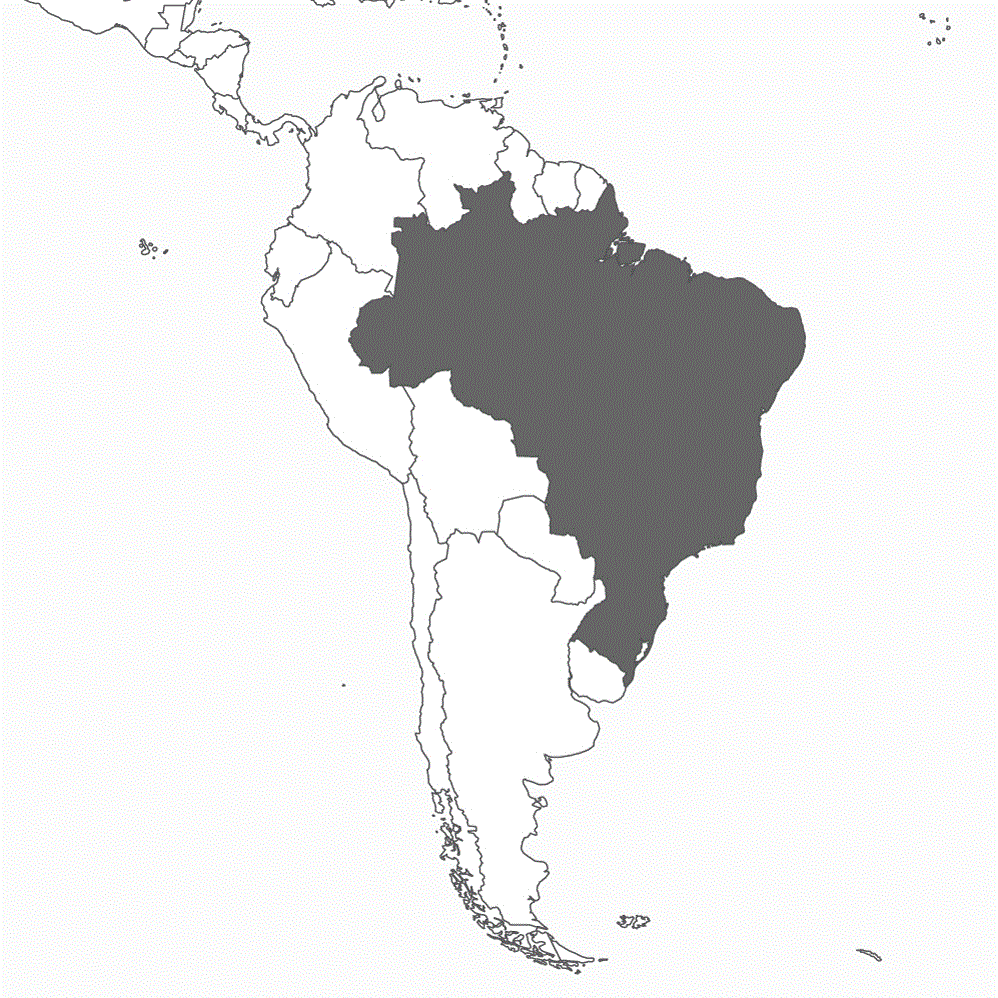“Close and trust-based relations” (I)
The German government wants to cooperate “closely and in a spirit of trust” with Argentina under its ultra-right-wing president Javier Milei. He seeks to govern without parliamentary approval and impose a shock therapy of radical deregulation.
BUENOS AIRES/BERLIN (own report) – As the German government continues its push to have the Mercosur Free Trade Agreement ratified, it is making overtures to Argentina even under its new far-right president, Javier Milei. The desire for “close and trust-based cooperation” was underscored by a government spokesperson in Berlin. Milei, who is about to radically overhaul his country’s foreign policy, has already put Argentina’s planned accession to the BRICS alliance on hold. He is distancing himself from China and seeking stronger alignment to the United States. This will also present opportunities for closer cooperation with Germany and the EU. Domestically, Milei has introduced a radical programme of economic deregulation, which entails a far-reaching sell-off of state-owned property and the imposition by decree of severe restrictions on the right to strike and demonstrate. He wants the National Congress of Argentina to grant him the power to govern for two years by decree, circumventing the need for parliamentary approval. For critics, his authoritarianism brings back memories of the dark years of military dictatorship. While Berlin is keen to cooperate more closely, Argentina is witnessing the first mass protests. Read more
EU’s Latin America Offensive (III)
In the run-up to next week’s EU-CELAC summit, resistance grows in Latin America against exploitation as a raw material supplier to EU. Latin American countries demand reparations for colonial crimes.
BRUSSELS/BRASÍLIA (Own report) – Serious tensions are casting a shadow over EU’s summit with the Community of Latin American and Caribbean States (CELAC) that will begin next Monday. With this summit, the first since 2015, the EU seeks to revitalize its relations with Latin American states. This has to be seen in the context of the EU’s endeavors to improve its access to the subcontinent’s natural resources, which are essential for the EU’s energy transition – from lithium to green hydrogen. This is being met with resistance. “No one” can “doom” Latin American countries “to being suppliers of raw materials, that others process industrially,” to then “sell us the over-priced products,” Argentina’s President Alberto Fernández recently protested. Controversy also exists over the EU-CELAC summit declaration. With regards to the Ukraine war, CELAC also refuses to side with the West and instead demands a written admission to the crimes committed under European colonial rule – and a commitment to pay reparations. It looks like the CELAC nations want to be perceived as equal partners,” an EU diplomat notes. Read more
EU’s Latin America Offensive (II)
EU launches new Latin America offensive – against Russia and China – with a new Latin America strategy and the Commission President’s trip to the subcontinent.
BRUSSELS/BUENOS AIRES/BRASÍLIA (Own report) – With a new Latin America strategy and the Commission President’s long-announced visit to four countries of the subcontinent, the EU has launched a new Latin America offensive. The strategy is intended to make up for Europe’s loss of influence in Latin America vis-à-vis China and to realign the region’s countries firmly on the side of the West in its power struggle against Russia. To achieve this, it is planning regular summit meetings between the EU and the Community of Latin American and Caribbean States (CELAC). On her visit to Brazil, Argentina, Chile and Mexico last week, Ursula von der Leyen was seeking to improve the EU’s access to Latin American natural resources – from lithium to green hydrogen. It is evident that resistance to European encroachment is getting stronger in Latin America – for example, against provisions of the EU free trade agreement with Mercosur that are unfavorable to its members. Resistance is also growing to the EU’s efforts to enforce measures to isolate Russia. In reference to Western wars, Brazil’s President Lula declared that international law applies “to everyone.” Read more
The World Order and Its Profiteers
Chancellor Scholz has initiated the purchase of fracking gas in Argentina. Fracking triggers many earthquakes in the region. Argentina seeks to get rid of Western dominance.
BUENOS AIRES/BERLIN (Own Report) – The German government seeks to purchase larger quantities of fracked gas from Argentina. This is one result of the three-day South American trip from which Chancellor Olaf Scholz returns Tuesday. The gas will be imported in liquefied form and will help replace Russian natural gas completely. It will be produced from the Vaca Muerta (“Dead Cow”) shale formation in western Argentina, where the German company Wintershall Dea is also active. Residents of the region have complained for years about serious environmental damage and that hundreds of earthquakes have been recorded since fracking began. While Berlin wants to stock up on gas there, Buenos Aires is taking new steps to shake off its outdated Western dominance. For example, it has applied for membership in the BRICS alliance, arguing that the current “world order” was “demonstrably created by and for the benefit of a few.” Argentina categorically rejects recent Western demands to supply Ukraine with Russian-made weapons in its stockpile. Read more
GERMAN-FOREIGN-POLICY.com
Information on German Foreign Policy: News + Interviews + Analyses + Background

